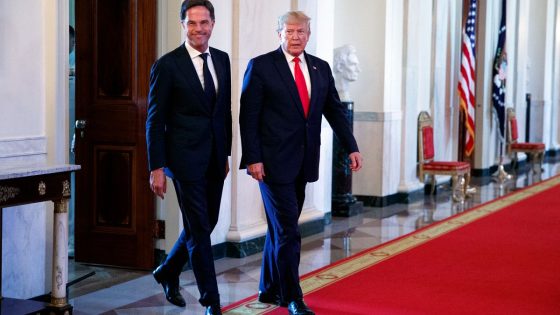Germany‘s next chancellor is likely to be Friedrich Merz, leader of the conservative CDU/CSU bloc, which is currently leading in the polls. As the election approaches on February 23, 2025, Merz may need to form a coalition, potentially with Chancellor Olaf Scholz’s centre-left Social Democrats (SPD), to secure a governing majority.
- Friedrich Merz likely next chancellor of Germany.
- CDU/CSU bloc leads in election polls.
- Potential grand coalition with SPD anticipated.
- Merz shifts CDU/CSU further to the right.
- Tax cut proposals clash with SPD's tax increases.
- Agreement on debt brake easing possible.
The CDU/CSU and SPD have a history of governing together, having formed a grand coalition four times since World War Two. However, differing economic policies may complicate negotiations for a new coalition.
Friedrich Merz’s CDU/CSU has shifted further to the right compared to the previous leadership under Angela Merkel. Merz’s tougher stance on migration and pro-market economic policies mark a significant change. The CDU/CSU advocates for broad tax cuts, while the SPD aims to increase taxes for higher-income earners and reintroduce a wealth tax, indicating potential conflict in coalition discussions.
Key points regarding the political landscape include:
- CDU/CSU’s strong lead in polls.
- SPD’s push for higher taxes versus CDU/CSU’s tax cuts.
- Previous grand coalitions have occurred four times since WWII.
As the election date approaches, the dynamics between the CDU/CSU and SPD will be crucial. While both parties may agree on easing the debt brake, deeper reforms could face challenges due to their conflicting economic agendas. The outcome of this election could reshape Germany’s political landscape significantly.
In summary, Friedrich Merz is likely to lead Germany as chancellor, with the CDU/CSU ahead in the polls. However, forming a coalition with the SPD could prove challenging due to differing economic strategies and tax policies.
































